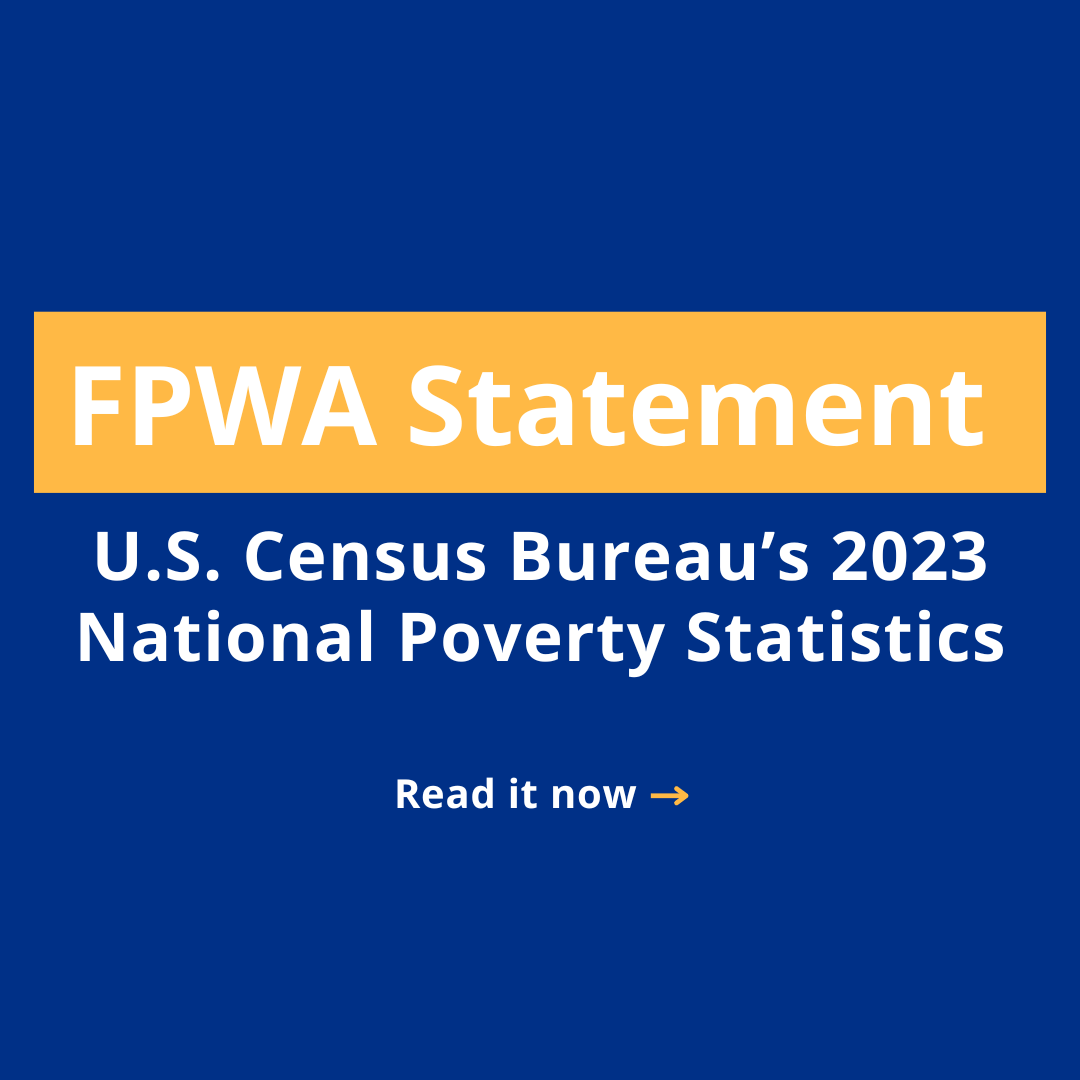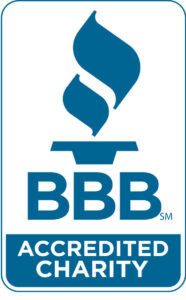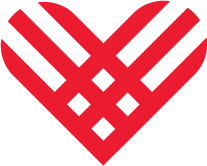For Immediate Release:
September 12, 2024
Contact:
Rachel Noerdlinger, rnoerdlinger@actumllc.com
Jason Elan, jelan@actumllc.com
FPWA Statement: U.S. Census Bureau’s 2023 National Poverty Statistics
New York, NY (Thursday, September 12, 2024) – The Census Bureau just released the nation’s official poverty statistics showing that the Official Poverty Measure decreased fractionally, and the Supplemental Poverty Measure rose marginally. These inconsistencies demonstrate how inadequate the government’s current measures of economic need are, and why they continue to hinder our country’s fight against material deprivation.
On one hand, the Official Poverty Measure (OPM) shows a decrease in the proportion of people unable to meet their basic needs, falling 0.4 percentage points to 11.1 percent. While this shows some progress that has been made in our country at helping people in acute deprivation, we also know that these numbers are only the tip of the iceberg. The OPM represents only those households in deep economic precarity and deprivation, masking the true number of people who fail to live with economic security.
On the other hand, the share of people living in poverty according to the Supplemental Poverty Measure (SPM) has increased over the last year. The SPM expands on the OPM by including unavoidable expenses like childcare, housing, healthcare, transportation, and utilities, to determine the level of resources that a typical family needs to meet their basic necessities. In addition, in calculating a household’s resources, the SPM includes the value of government supports. Yet, with even these modest additions over OPM, the SPM paints a very different picture of economic need, showing 12.9 percent of households living with need, an increase of 0.5 percentage points over last year. However, the SPM too still does not go far enough. By continuing to focus on material deprivation, and by failing to account for other vital costs such as the need for savings and the ability to pay down debt, the SPM still belies how far away true economic security is for millions of Americans.
This most recently released poverty data points to the need for a more accurate cost of living measure at the local, state and national level; a measure that can shine a light on the structural and systemic inequities that leave millions of Americans behind in part because of flawed measurements that rely too heavily on acute need and deprivation.
The data demonstrates the importance of the true cost of living measure set to be adopted in New York City following the resounding vote in the 2022 ballot. It highlights that the measure must capture all costs, including the need to save and pay debt, and that the city must use this measure to inform the policies, programs and decisions that impact New Yorkers. From being a benchmark for setting living wages, to evaluating policy options, a true cost of living measure will be a tool that decision makers can use to advance economic security.
FPWA will continue its fight alongside key partners to advance and adopt more honest and accurate measures that truly unveil economic conditions in our city, state and country.
As part of this fight, FPWA has co-founded the National True Cost of Living Coalition. To learn more about the coalition and our call for a national true cost of living measure, visit www.nationaltruecostofliving.org/about
About The Federation of Protestant Welfare Agencies (FPWA)
The FPWA is a leading, anti-poverty policy and advocacy organization dedicated to strengthening human services organizations and faith institutions, and advancing economic opportunity and justice for New Yorkers with low incomes. Since 1922, FPWA has driven groundbreaking policy reforms to better serve those in need. We work to dismantle the structural and systemic barriers that impede economic security and well-being, and strengthen the capacity of human services agencies and faith organizations so New Yorkers with lower incomes can thrive and live with dignity. Learn more at fpwa.org.
###








